10 Constipation Symptoms - Possible Causes and Symptoms
Constipation is a common condition that affects people of all ages. It occurs when bowel movements become difficult or less frequent than usual. In this article, we will discuss 10 common constipation symptoms, their possible causes, and how to recognize them.
Infrequent Bowel Movements
One of the most common symptoms of constipation is having fewer than three bowel movements per week[[1]]. This can be due to a variety of factors, such as a low-fiber diet, lack of physical activity, or dehydration.

Advertisement
Hard, Dry Stools
Constipation can cause stools to become hard and dry, making them difficult to pass[[1]]. This can be a result of insufficient water intake or a diet low in fiber.

Advertisement
Straining During Bowel Movements
Straining during bowel movements is another common symptom of constipation[[1]]. This can be caused by hard, dry stools or weak muscles in the pelvic floor.
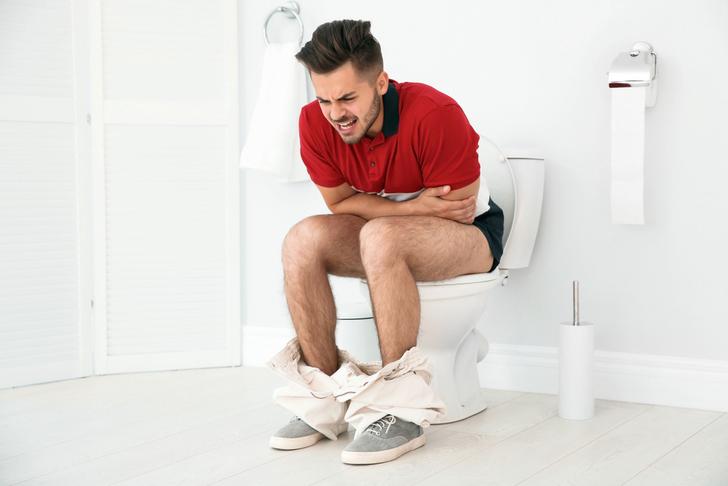
Advertisement
Feeling of Incomplete Evacuation
Some people with constipation may experience a feeling of incomplete evacuation after a bowel movement[[1]]. This can be due to hard, dry stools or a weakened pelvic floor.
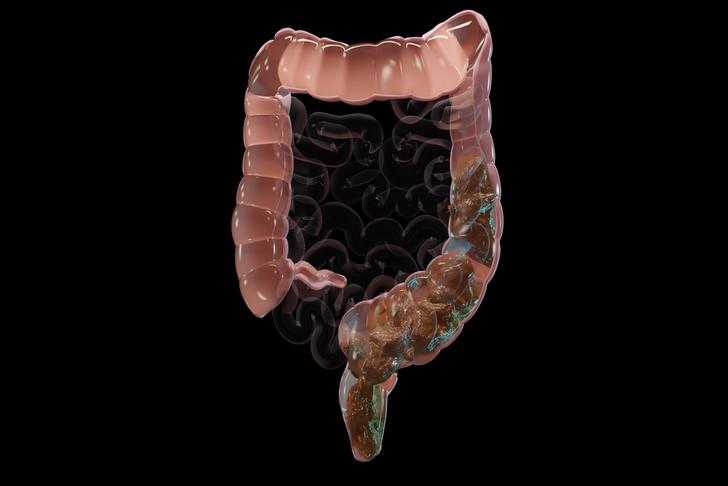
Advertisement
Abdominal Pain or Bloating
Constipation can cause abdominal pain or bloating, as the buildup of stool in the colon puts pressure on the abdominal organs[[2]]. This can be a result of a low-fiber diet, dehydration, or lack of physical activity.

Advertisement
Nausea
Nausea can be a symptom of constipation, as the buildup of stool in the colon can cause discomfort and a feeling of fullness[[2]]. This can be a result of a low-fiber diet, dehydration, or lack of physical activity.

Advertisement
Loss of Appetite
A loss of appetite can be a symptom of constipation, as the buildup of stool in the colon can cause discomfort and a feeling of fullness[[2]]. This can be a result of a low-fiber diet, dehydration, or lack of physical activity.
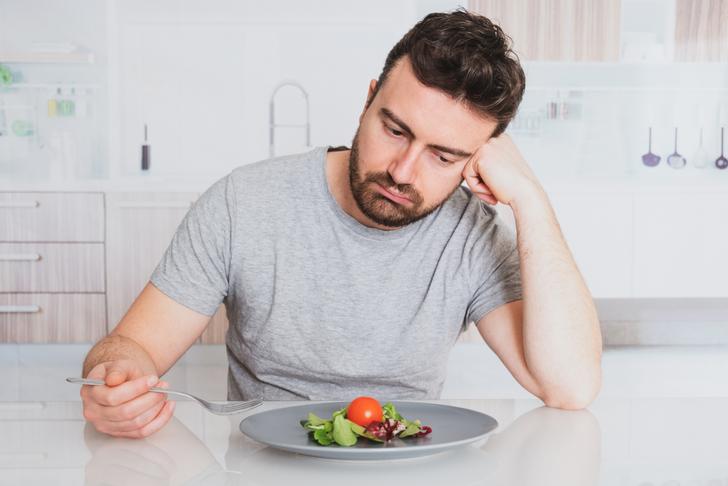
Advertisement
Fatigue
Fatigue can be a symptom of constipation, as the body may be expending extra energy to try to move the stool through the colon[[3]]. This can be a result of a low-fiber diet, dehydration, or lack of physical activity.

Advertisement
Hemorrhoids
Hemorrhoids can develop as a result of constipation, as the straining during bowel movements can cause the blood vessels in the rectal area to become swollen and inflamed[[1]]. This can be a result of hard, dry stools or weak muscles in the pelvic floor.
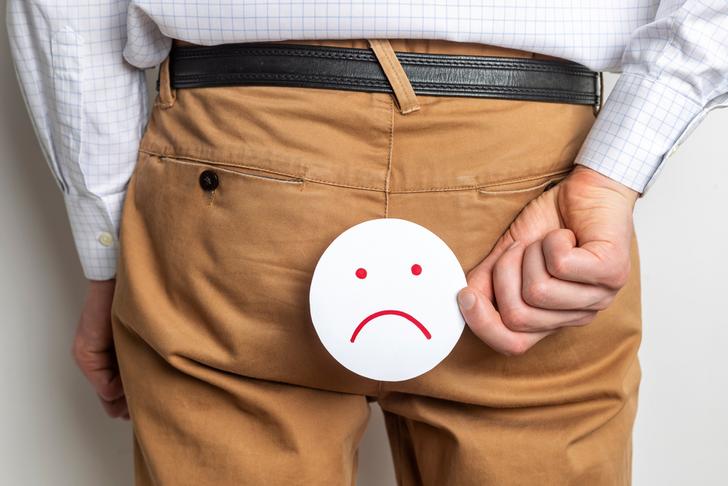
Advertisement
Anal Fissures
Anal fissures, or small tears in the lining of the anus, can occur as a result of constipation, as the hard, dry stools can cause trauma to the delicate tissue[[1]]. This can be a result of insufficient water intake or a diet low in fiber.
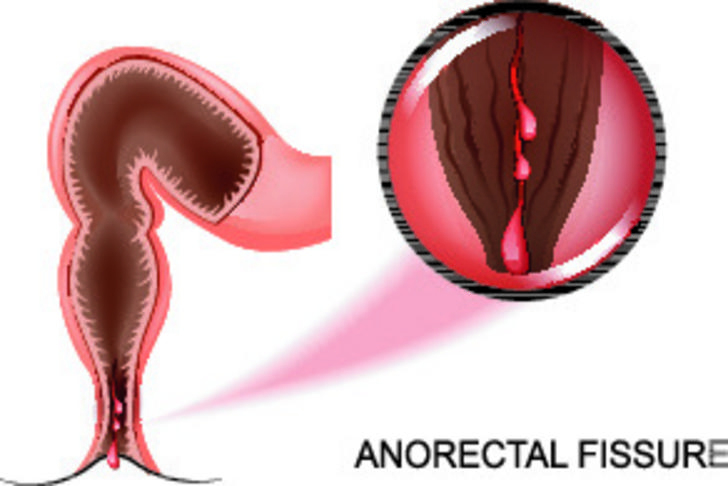
Advertisement
Causes
There are several possible causes of constipation, including:
Inadequate fiber and fluid intake: A diet low in fiber or inadequate fluid consumption can result in constipation.
Lack of physical activity: Sedentary lifestyle or decreased physical activity can increase the risk.
Medication: Certain medications, such as antacids, painkillers, antidepressants, iron supplements, and certain antihypertensives, can cause constipation.
Age: Older age can increase the likelihood of constipation.
Changes in routine: Disruption in daily routines like traveling can affect bowel regularity.
Ignoring the urge to have a bowel movement: Habitually ignoring the urge to go can lead to constipation.
Medical conditions: Certain medical conditions such as stroke, diabetes, thyroid disease, Parkinson’s disease, or multiple sclerosis can affect bowel function. Pregnancy also often results in constipation.
Psychological issues: Depression, anxiety, and certain eating disorders can lead to constipation.
Bowel obstruction or structural issues: Certain diseases like irritable bowel syndrome (IBS), anal fissures, hemorrhoids, colorectal cancer, or other structural abnormalities can cause constipation.
Advertisement
Treatments
There are several methods to treat constipation, depending on the underlying cause and the severity of the condition. They include:
Dietary changes: Increasing the intake of fiber and fluids can help. Fiber is found in fruits, vegetables, whole grain breads, and cereals.
Physical activity: Regular physical exercise can help stimulate intestinal activity.
Laxatives: Over-the-counter laxatives can help, but these should be used under the guidance of a healthcare professional as they can sometimes cause dependency.
Prescription medications: If constipation is chronic and resistant to over-the-counter treatments, prescription medication may be recommended by a healthcare provider.
Biofeedback therapy: In cases of chronic idiopathic constipation and dyssynergic defecation, biofeedback therapy can help to retrain the muscles that control bowel movements.
Surgery: In severe cases where other treatments fail or where there is a structural issue, surgery might be considered.
Advertisement
Conclusion
To wrap up, understanding the symptoms, causes, and treatments of constipation provides an invaluable foundation for managing this common condition. Despite its prevalence, the discomfort and disruption it can bring to daily life should not be underestimated. Symptoms can range from infrequent bowel movements to discomfort, bloating, and a sensation of incomplete evacuation, among others. The causes can be manifold, including dietary habits, certain medications, a sedentary lifestyle, age, disruptions in routine, and various medical and psychological conditions.
Addressing constipation effectively often requires a multi-faceted approach. Simple lifestyle adjustments, like increasing dietary fiber and fluid intake and staying physically active, can often make a significant difference. Over-the-counter laxatives and prescription medications may also be beneficial in certain cases, but they should be used under the guidance of a healthcare professional. In some chronic or severe cases, biofeedback therapy or surgery might be necessary.
Most importantly, if you experience persistent constipation or related symptoms, a prompt consultation with a healthcare provider is crucial. Their expertise will guide you to the most effective treatment options tailored to your individual needs. Remember, managing constipation is not only about relieving discomfort; it’s also a step towards overall better health and wellbeing.

Advertisement





